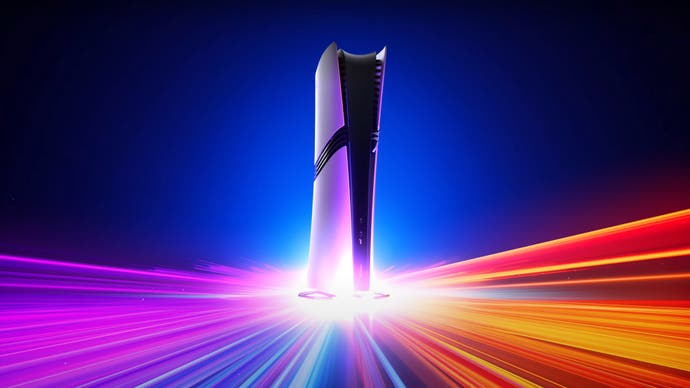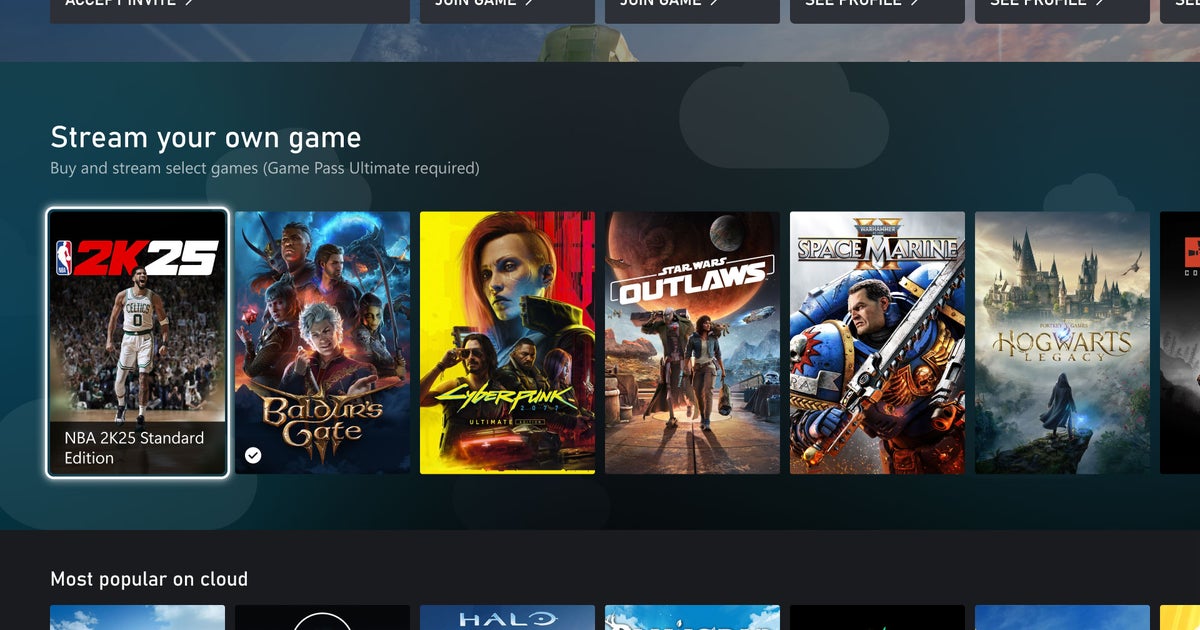Former PlayStation executive Shawn Layden has suggested the continuing push toward more powerful - and more costly - console hardware is unsustainable, arguing that "fighting over teraflops [is] no place to be... We need to compete on content".
Layden - who served as CEO of Sony Interactive Entertainment America and chairman of Worldwide Studios before leaving the company in 2019 - was asked by VGC if the console industry's current business model was sustainable, given the increasing development costs associated with the ongoing pursuit of incrementally more powerful hardware.
"We've done these things this way for 30 years," Layden replied, "every generation those costs went up and we realigned with it. We've reached the precipice now, where the centre can't hold, we cannot continue to do things that we have done before."
Layden said he believed it was time for a "real hard reset" on the industry's current business model, even a "hard reset on what it is to be a video game. It's not 80 hours, it's not 90 hours, but if it is that's a whole different category."
He added the effectiveness of chasing more powerful hardware had "plateaued", and was unlikely to appeal to the majority of players. "We're at the stage of hardware development that I call 'only dogs can hear the difference'," he continued.
"If you're playing your game and sunlight is coming through your window onto your TV, you're not seeing any ray tracing. It has to be super optimal... you have to have an 8K monitor in a dark room to see these things... We're fighting over teraflops and that's no place to be. We need to compete on content. Jacking up the specs of the box, I think we've reached the ceiling."
Layden's comments come ahead of Sony's new PlayStation 5 Pro console, which launches on 7th November and is primarily being marketed on the promise of improved performance and visual fidelity for supported PS4 and PS5 games. The machine's £700 price tag hasn't been particularly well-received, however, raising the question of who exactly it's for.

 1 month ago
73
1 month ago
73






![Anime Reborn Units Tier List [RELEASE] (November 2024)](https://www.destructoid.com/wp-content/uploads/2024/11/anime-reborn-units-tier-list.jpg)


